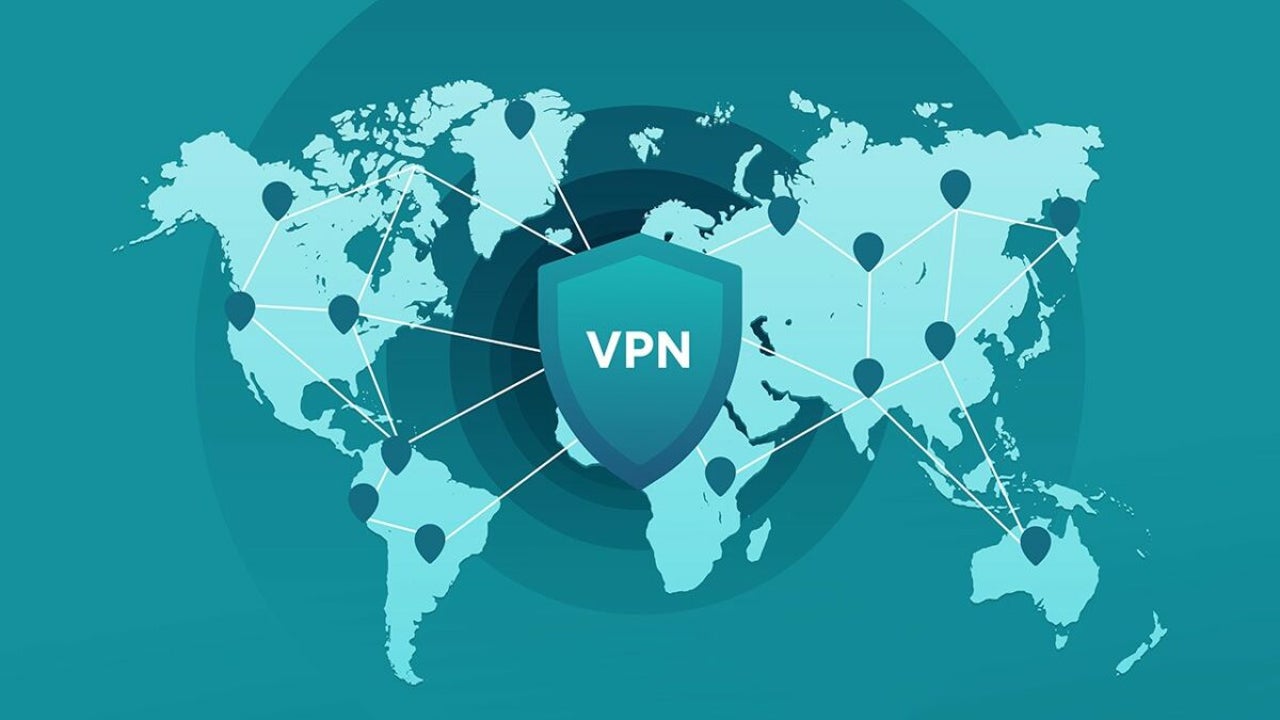News
A massive brute force attack uses 2.8 million IP addresses to take down VPNs
A massive brute force attack involving 2.8 million IP addresses targets network devices

- February 13, 2025
- Updated: February 13, 2025 at 12:58 PM
Nearly 2.8 million IP addresses are being used in a massive brute force attack targeting network devices, such as those offered by Palo Alto Networks, Ivanti, and SonicWall.
This type of attack, which seeks to access accounts by repeating combinations of username and password, has seen a notable increase since its emergence in early January.
According to reports from the Shadowserver Foundation, the implicated IP addresses come from various parts of the world, with more than 1.1 million of them originating in Brazil, followed by Turkey, Russia, Argentina, Morocco, and Mexico.
How attacks against VPNs are being carried out
The attackers appear to be using botnets and residential proxy networks to carry out these attacks, complicating their tracking by authorities. A botnet is a network of computers infected with malware, while residential proxies allow criminals to access the internet using IP addresses that appear legitimate. This helps them hide their identity and maintain their anonymity, which poses a considerable challenge for cybersecurity.
Despite the scale of the attack, to date, none of the major VPN services have been compromised. However, the importance of implementing strong passwords and enabling two-factor authentication (2FA) to protect devices and networks is emphasized, especially for small and medium-sized enterprises that are often more vulnerable to these attacks.
A strong business VPN not only encrypts internet traffic but also protects data and allows secure access to servers and networks.
All users, whether individuals or businesses, are advised to adopt good data privacy practices and consider using a VPN, which will provide an additional layer of security. Although there is a possibility that this type of attack will continue to increase, implementing appropriate measures helps mitigate the risk.
Latest from Agencias
- The new 25% tariff on imports from Mexico and Canada threatens the wind and automotive industries
- Nissan wants to compete with BYD in the electric car market and has news
- OpenAI's rival AI has started to arrive in cars: DeepSeek R1 comes from Nissan
- The battle is here: The Wheel of Time unveils the trailer for its third season
You may also like

The new 25% tariff on imports from Mexico and Canada threatens the wind and automotive industries
Read more

Nissan wants to compete with BYD in the electric car market and has news
Read more
OpenAI's rival AI has started to arrive in cars: DeepSeek R1 comes from Nissan
Read more

AI-powered multimedia intelligence: Revolutionizing clip search in Premiere Pro
Read more

The battle is here: The Wheel of Time unveils the trailer for its third season
Read more

The spiritual sequel to Bloodborne is expected in 2026
Read more